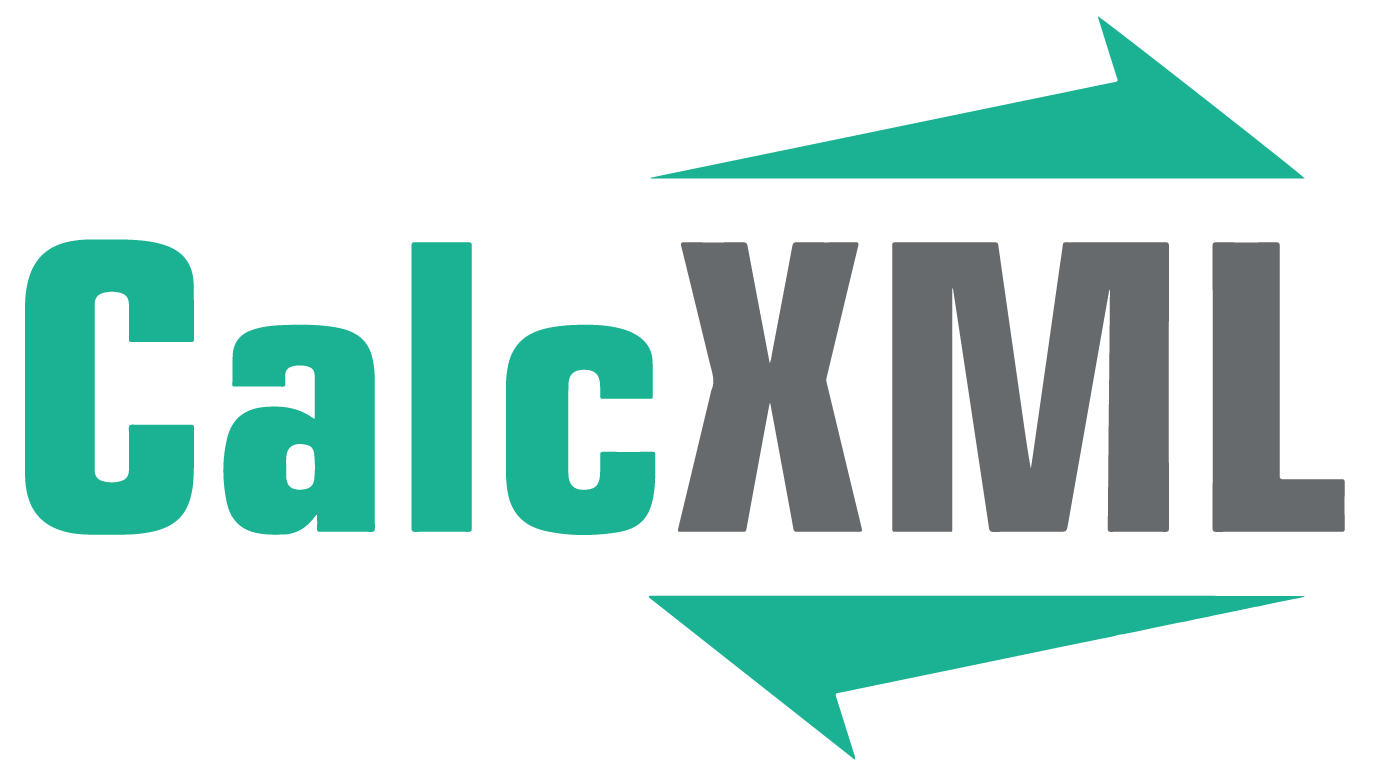Determine How Quickly You Can Pay Off Your Loan
How long until my loan is paid off?
By making consistent regular payments toward debt service you will eventually pay off your loan. Use this calculator to determine how much longer you will need to make these regular payments in order to eventually eliminate the debt obligation and pay off your loan.
Esta información puede ayudarle a analizar sus necesidades financieras. Se basa en información y suposiciones suministradas por usted con relación a sus metas, expectativas y situación financiera. Los cálculos no infieren que la compañía sume cualquier obligación fiduciaria Los cálculos suministrados no deberían considerarse asesoría financiera, legal o tributaria. Además, no debería basarse en dicha información como única fuente de información. La información es suministrada de fuentes que consideramos confiables pero no podemos garantizar su precisión. Las ilustraciones hipotéticas pueden suministrar información de desempeño histórico y actual. El desempeño pasado no garantiza ni indica resultados futuros.







